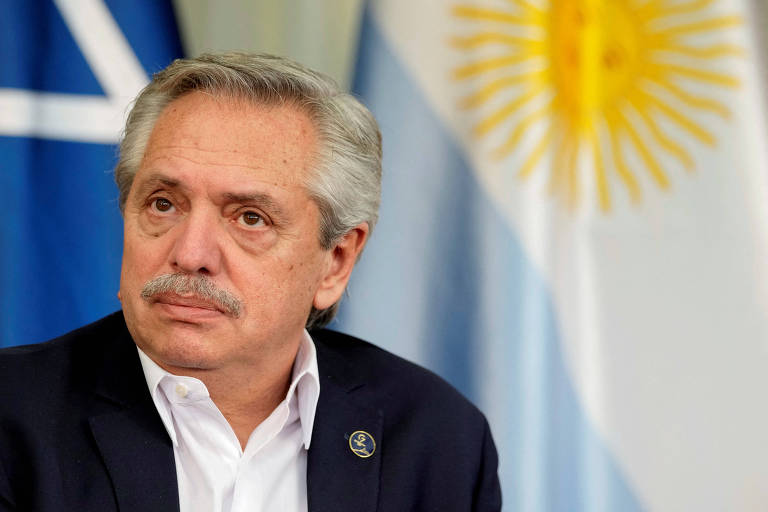
If I had the opportunity to give advice to the President of Argentina, Alberto Fernández, taking advantage of his visit to Brazil, I would start with a primary lesson on the reasons for an inflationary process as acute as that in his country. It is simply a question of showing that inflation, contrary to what the neoliberals want to impose on us, does not normally result from a monetary phenomenon, but is mainly the result of the imbalance between supply and demand for goods and services in the market.
The idea that inflation is a monetary phenomenon that, ultimately, results from the public deficit – which, in turn, implies government spending above its revenues – stems from an ideological prejudice that goes back to Milton’s classic monetarism. Friedman. This American economist practically reinvented radical liberalism in the world in the form of neoliberalism. And with that, it hampered economic policies, especially in developing countries.
It is not difficult to prove that inflation cannot be a monetary phenomenon. Just imagine what happens when there is an increase in the price of French bread – or any other product on the market. Only an idiot would imagine that French bread rises in price as a result of the public deficit, even a trillionaire one. There would be no relationship between one thing and the other, except when the deficit corresponds to a complete breakdown of the economy, leading to an extreme exchange rate devaluation.
When there is this total breakdown of the economy, the Government loses the classic instruments of intervention in the productive system, including the use of imports, in order to finance investments. There is no way to increase production either by the public sector or by the private side, as both do not have enough foreign currency to expand it. The economy collapses as foreign investors and lenders also disappear.
However, when the deficit corresponds to responsible productive investments by the Government, its increase leads to an increase in production. Market supply and demand balance each other out, stabilizing prices. The worst would be when Government spending is concentrated on infrastructure, and not on popular consumer goods. In this case, there would be, in the short term, an increase in the cost of living. This effect, however, could be easily corrected by planning, stimulating the production of consumer goods.
Therefore, my advice to President Fernández would be extremely simple: first, try to balance the production of popular consumer goods with market demand. Second, if it is impossible, resort to foreign loans to complete domestic production and finance the purchase of these goods, on an emergency basis, but avoiding “burning” the money in financial speculation; and third, avoid rebalancing the market by cutting demand at all costs. It’s autophagy.
In this way, Argentina will return to being a productive economy instead of a speculative economy, dominated by neoliberalism. Today, however, it will not be able to avoid the effects that three years of drought had on its food production. It will therefore have to go through a transition stage, and Brazil can help with that. Brazil’s advance purchase of Argentine products, as agreed by Lula, is an important contribution for it to offset the fall in production.
These premises should be extended to the economic policies of all developing countries that have been subjected to the draconian rules of the International Monetary Fund since the explosion of foreign debt in the early 1940s. According to the Fund’s criteria, the normalization of an unbalanced market can only occur with a reduction in demand. This is a fallacy, and a tremendous recessive burden on poor and developing countries.
The political consequence that can be drawn from this is the valuation of the BRICS group as an alternative to the Fund. This is part of the change in the hegemony of the dollar in favor of that which is being formed around China, leader of the BRICS, with its fantastic reserves of 3.2 trillion dollars – capable of sustaining a new planetary monetary scheme. Let Fernández, therefore, hurry up: the best advice I can give him is to join the BRICS immediately!
Join our WhatsApp group, clicking on this link
Join our Telegram channel, click this link
Source: https://www.diariodocentrodomundo.com.br/uma-saida-para-a-argentina-por-j-carlos-de-assis/

